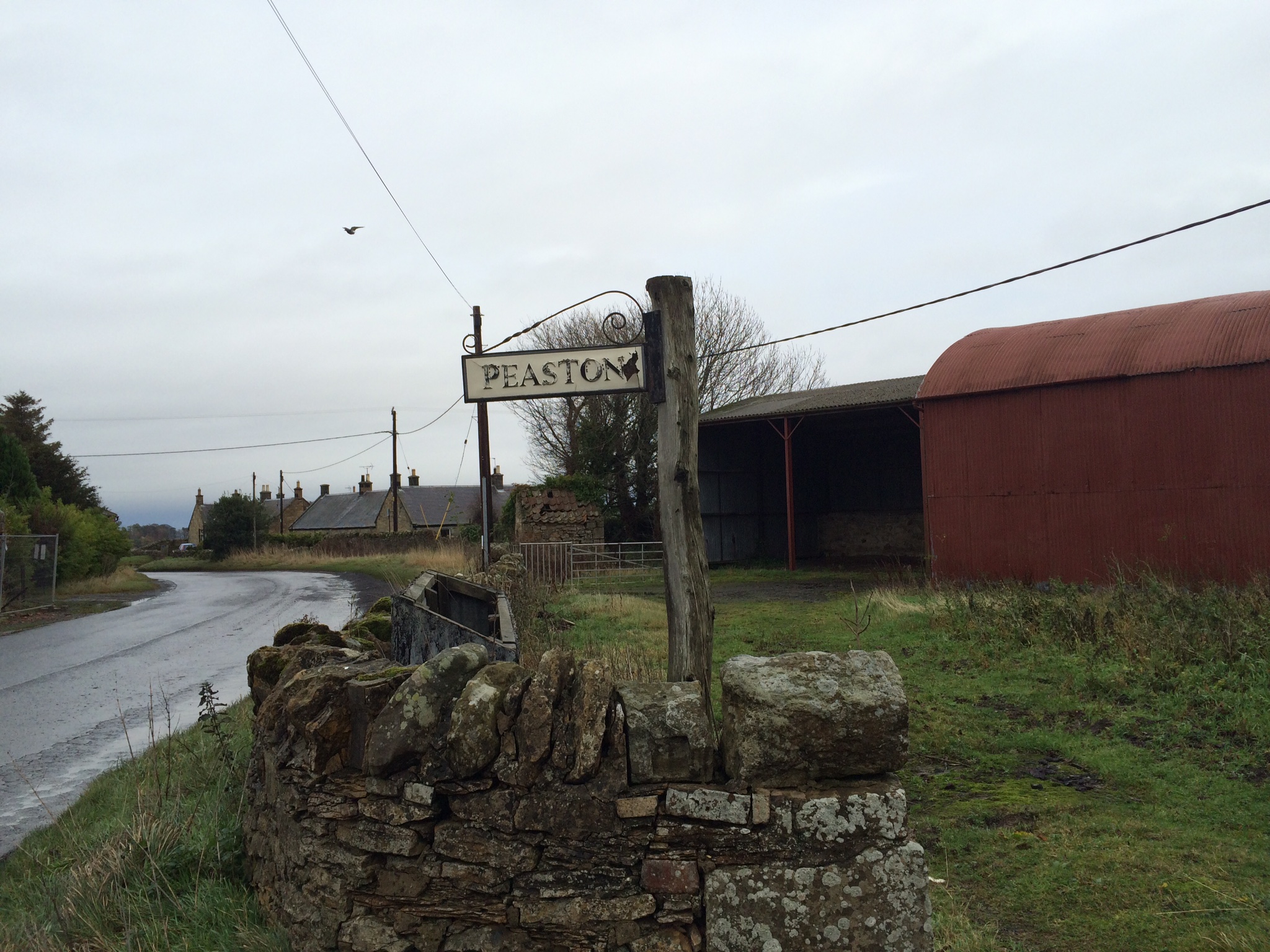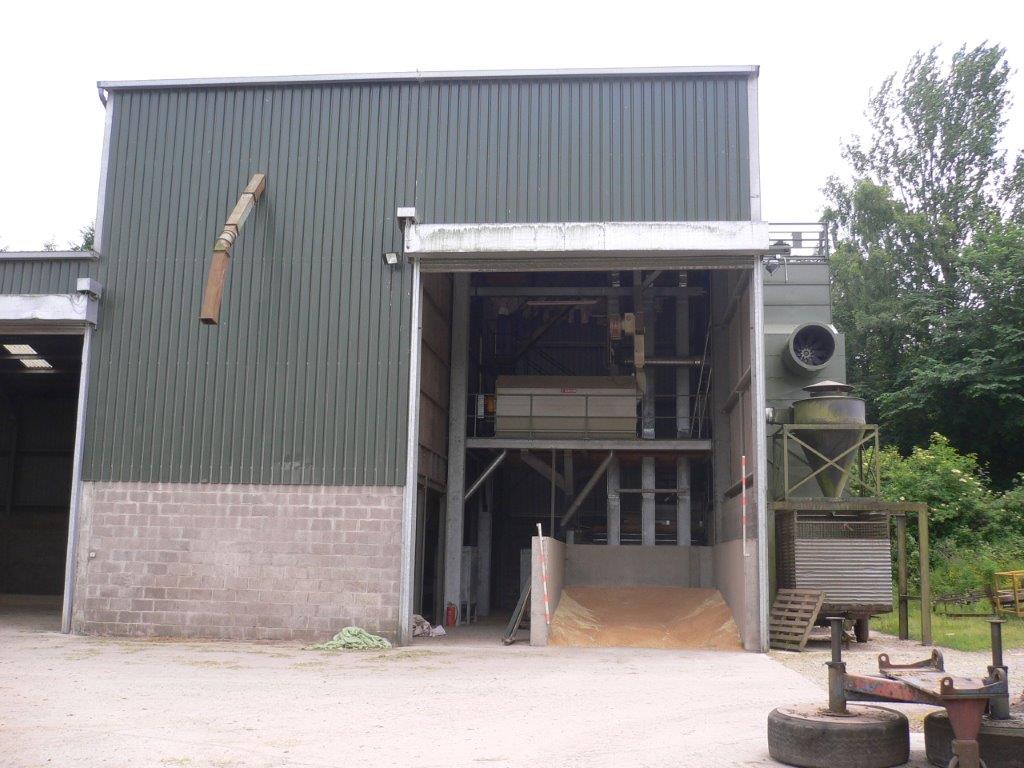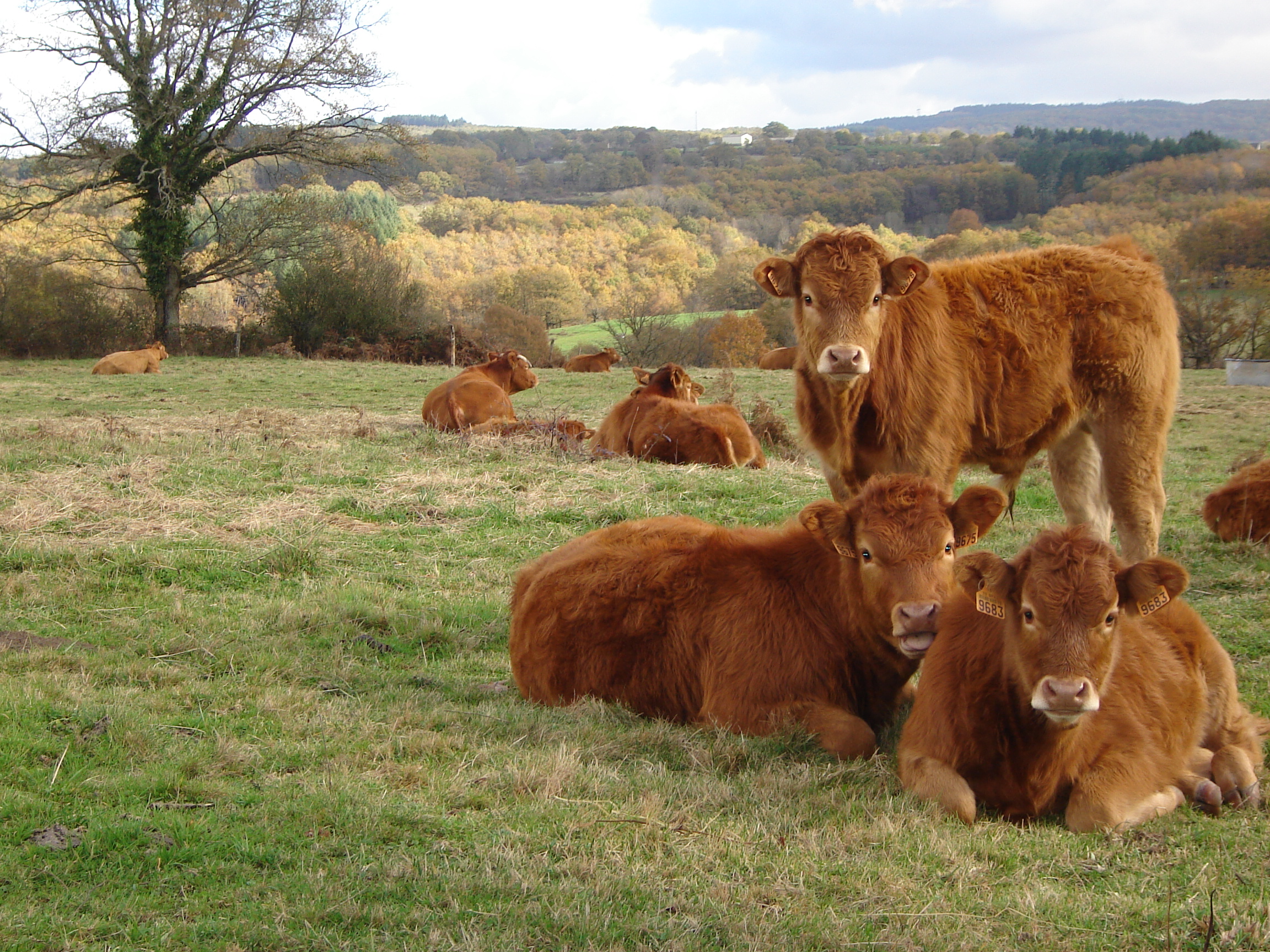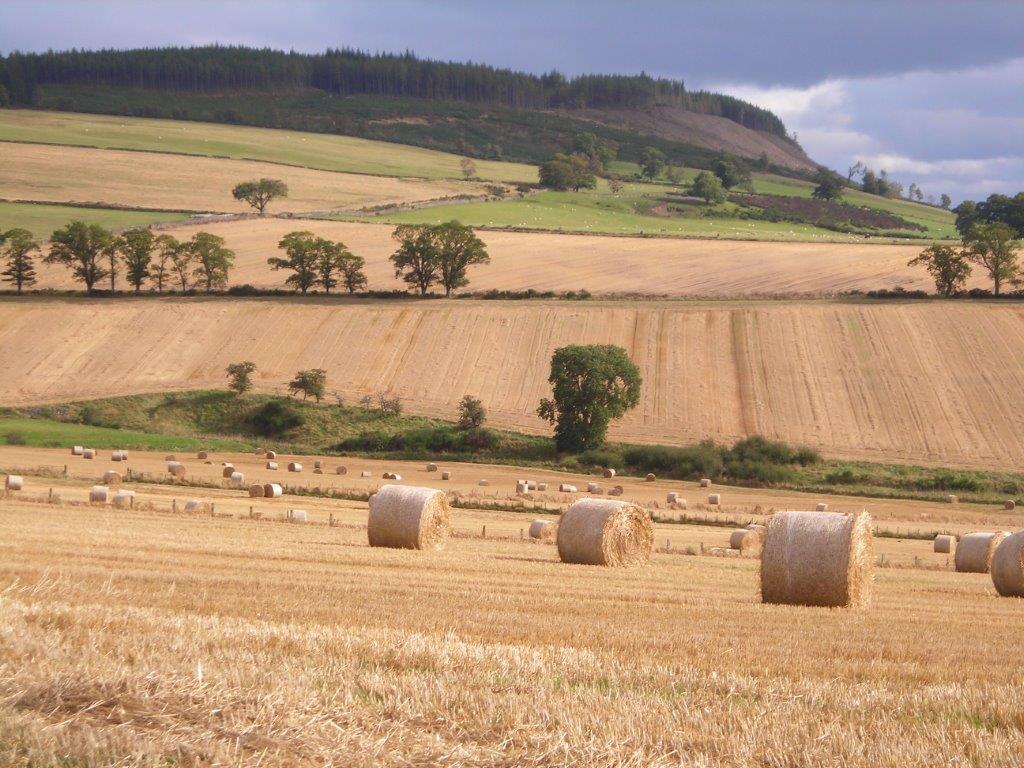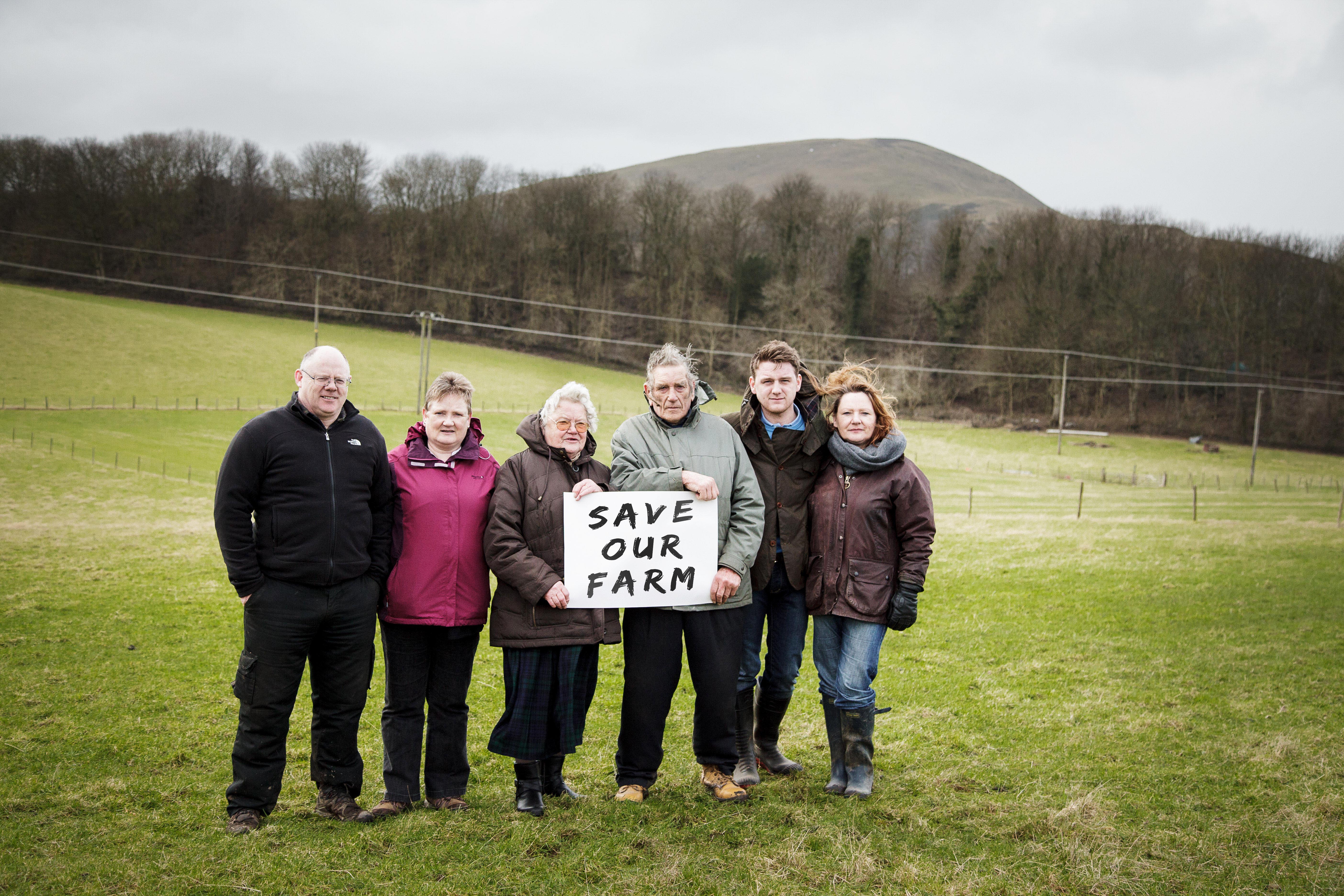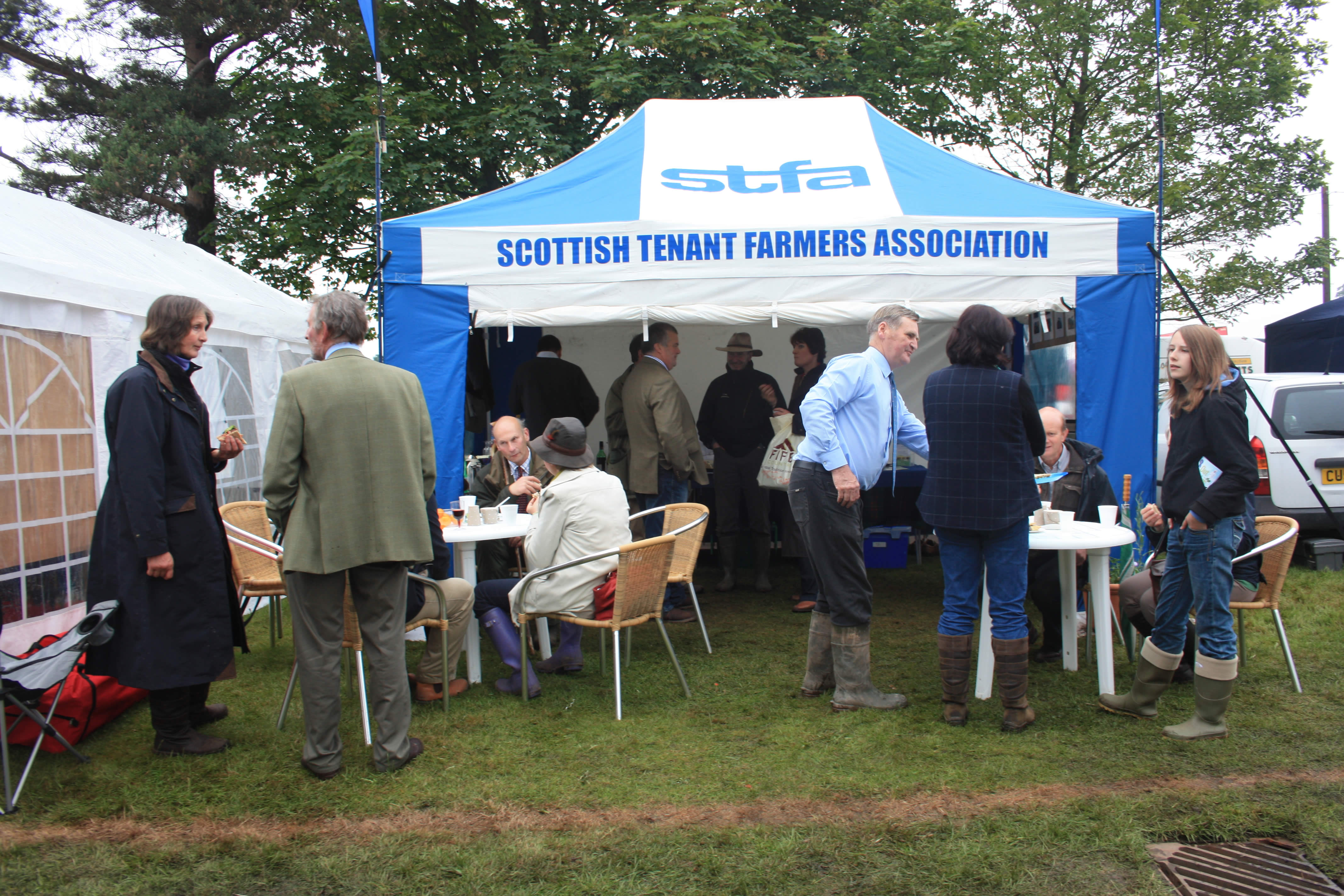Jul
20
2016
Scottish Tenant Farmers Association
News Release
13th July 2016
STFA sets out Brexit priorities for Scottish agriculture
The Scottish Tenant Farmers Association has drafted an initial list of commitments and priorities to be considered by governments as the lengthy and uncertain process of the UK withdrawal from Europe and the Common Agricultural Policy begins.
Commenting on the process, STFA chairman Christopher Nicholson said: ‘Scottish agriculture is currently in a period of poor profitability and the increased uncertainty brought about by Brexit could not have come at a worse time. In contrast to England where only 15% of farm land is classed as Less Favoured, in Scotland 85% is Less Favoured and heavily reliant on support payments under the European Common Agricultural Policy. The most immediate priority for governments is to give some stability to the sector by committing to make the existing support payments to 2020 which farmers have budgeted for, and ensuring a level playing field with Europe for UK farmers with barrier free access to European markets.’
‘Going forward, a new UK wide agricultural policy will need to be developed by the devolved powers of England, Scotland, Ireland and Wales, and it is essential that the new policy is finalised before payments under the current CAP cease. A budget for each devolved power would need to be agreed with the devolved administrations implementing policy that fits their own needs.’
‘Amongst all the uncertainty and changes, there could be a silver lining in that the Scottish Government will have greater flexibility outside of the CAP to target support payments to avoid some of the excesses of the past, in particular to put an end to ‘slipper farming’ and ensure that payments only go to genuinely active farmers. There are elements of the CAP that are cumbersome and have restricted the ability of nation states to implement policy suited to their own needs, and a future policy should be able to provide the freedom to tailor that has been missing under the CAP’
‘With budgets for the CAP replacement policy coming from the UK instead of Europe, the new policy will need to stand up to greater public scrutiny in terms of how it meets the public interest. On-going long term public support is vital for Scottish agriculture, but will only be possible if the policy is seen to provide long term value for the taxpayer.’
Scottish Tenant Farmers Association, Brexit priorities
Immediate concerns
Commitment from Government to deliver the next 4 rounds of support payments up to the end of 2020, as planned and budgeted for by farmers. This will provide stability and reduce uncertainty in the short term.
Existing agri-environment contracts must be honoured and the process for those that are open to applications or being processed must continue.
A new agricultural and environmental policy must be in place before existing support schemes are removed. The new replacement policy must provide for UK farmers a level playing field with the rest of Europe and continued barrier free access to European markets for British farm produce.
Priorities for a new agricultural and environmental policy
A dedicated budget for Scotland from the UK Government
At present the devolved Scottish Government administers the EU CAP budget which is granted by the UK Government. When the UK withdraws from the CAP the UK Government must provide sufficient replacement funding for the devolved Scottish Government to administer according to the needs of Scottish Agriculture.
A consequence of the budget coming from the UK instead of the EU will be greater public scrutiny of how the funds are used, and the need for all aspects of the future policy to meet the public interest. Long term public support for agriculture will only be possible if the policy provides value to the taxpayer.
Targeting of support payments to meet the public interest and give value to the tax payer
Withdrawal from the CAP should allow greater flexibility for Scottish Government to target payments in a manner which avoids the excesses of the past. In particular, support should only go to genuine active farmers, putting an end to ‘slipper farming’. Meeting the public interest may require the capping of payments to individual businesses, and targeted support payments could be used to encourage long term sustainable land tenure arrangements.
Importance of family farms
Family farms have been the resilient backbone of Scottish agriculture for centuries, and have provided not only first class farm produce but also key social and environmental benefits to Scotland’s rural areas. STFA believe that future farming policy should continue to support our current structure of family farms, and that the future policy must be well thought out to avoid the risk of family farms being replaced by extensive systems of agriculture and forestry which would be devastating for rural communities in the more marginal areas.
Access to markets
Future international negotiations on tariffs and market access for the UK’s agricultural produce must provide barrier free markets which will support a strong and competitive farming industry in the UK. Markets for UK farm produce must not be viewed as an expendable negotiating tool in future trade deals.
Delivering environmental outcomes
Agri-environment schemes should be outcome based, with farmers paid for the environmental benefits they provide. In contrast, payments under the current schemes are based on income forgone by the farmer. There are significant environmental benefits farmers can provide, especially with regard to soil management and carbon sequestration.
Farm infrastructure grants
Capped farm infrastructure grants to maintain investment and competitiveness on family farms.
Importance of support for marginal areas
A new uplands / Less Favoured Area scheme suited to Scotland. 85% of Scotland is LFA, in sharp contrast to England which is 85% non-LFA. An appropriate support scheme for marginal areas is vital for Scottish agriculture.
Avoid the unintended distorting effects of current and past support payments
Areas based support payments both current and past have created a pattern of ever increasing land prices and land rental values which is unhealthy for agriculture, acts as a barrier to new entrants, and is often seen by the public as taxpayers supporting solely landownership rather than food production and management of the environment. Unlimited area based payments have also encouraged a pattern of land tenure driven by short term objectives to maximise payments rather than the objective of maintaining long term sustainable farming practices. Some modern letting agreements now require the tenant to pass all the area based support payments to the landlord, with the tenant having to meet all the obligations and conditions regarding the support system. Such a system of support payments clearly has elements which are not in the public interest and cannot be justified.
Transparency of supply chain and fair returns
Farmers are typically in weak market position, sandwiched between suppliers and customers who both have monopoly powers in the marketplace. STFA see a clear role for industry ombudsmen to give annual reports on the profitability of the different stages in the food supply chain, ensuring transparency of profits at each stage, with the aim of encouraging a fair division of profits for each stage including the farmer.
Marketing
Continued marketing, promotion, recognition and branding of Scottish food and drink.
Simple and fair regulations
Rules and regulations for access to support schemes should be simple and straightforward, and penalties for breaches should be fair and proportionate.
Research and development
Continuing advisory, research, training and educational functions tailored to Scottish agriculture are vital to ensure the future viability of the sector
By tfadmin •
Uncategorized •

